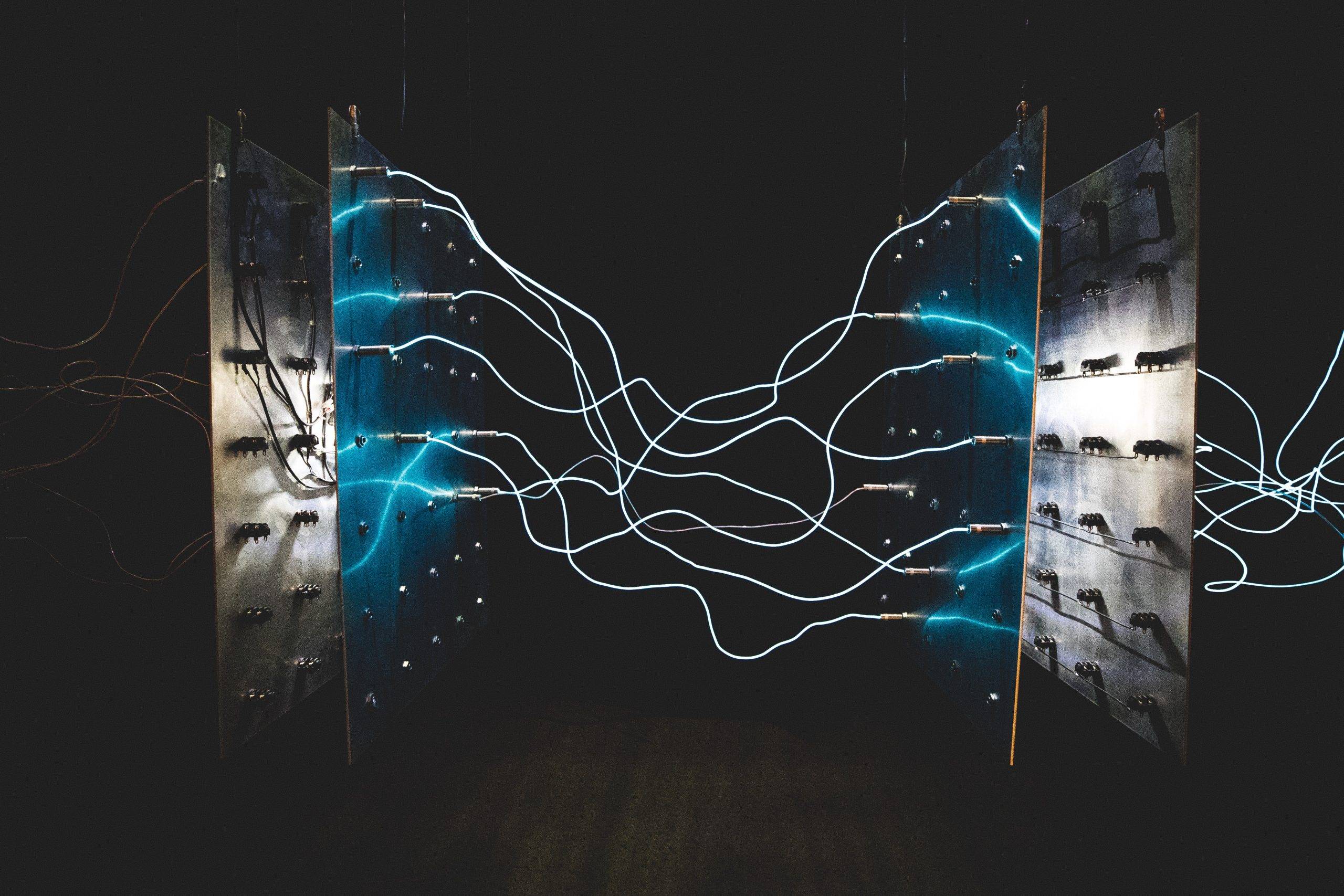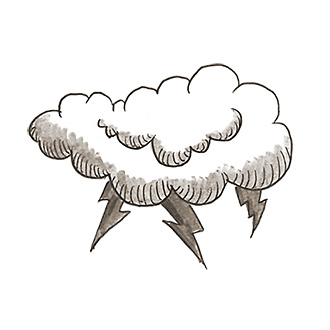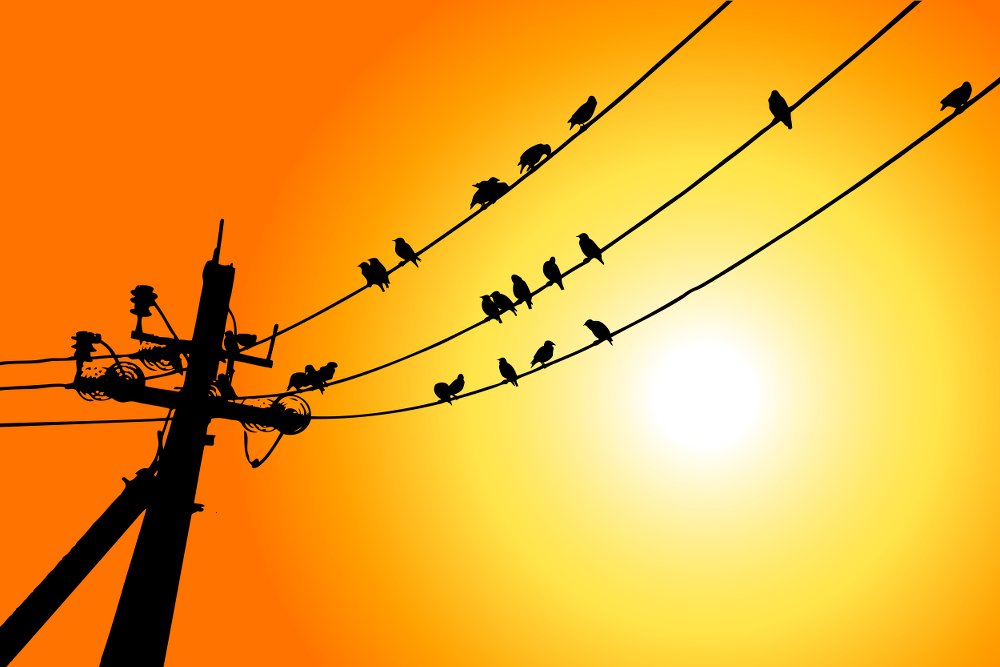I am installing a new 100 amp sub-panel in the same building that houses my pool pump and filter. Would it be safe to ground the new panel to the same ground rod that is grounding the pool pump, pool light, an outlet by the pool, and is bonded to the pool rails, or do I need to install a new ground rod for the new sub-panel?
Last edited:


 ) the proper wiring - as you don't want the installation to compromise safety.
) the proper wiring - as you don't want the installation to compromise safety.


